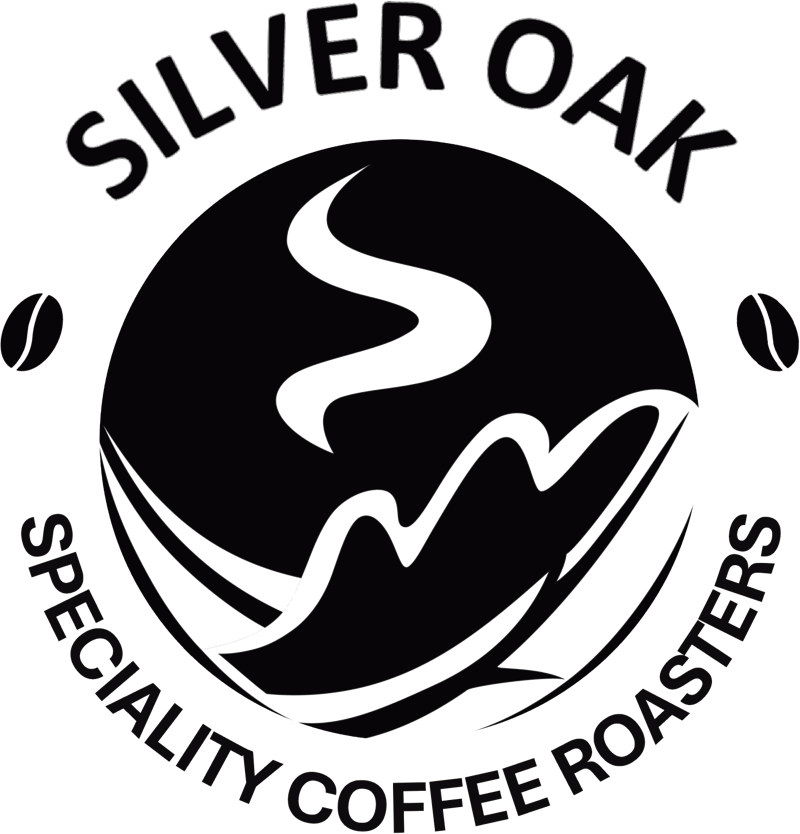Additional Information
Nicaragua, also referred to as the “land of lakes and volcanoes” in Central America, is a region known for its premium coffee because of its many microclimates and rich soils. Spanish colonialists brought coffee with them, and it was initially grown on the mesas of the Pacific lowlands in the 1800s. Due to their rich vegetation and fertile, volcanic soils, Jinotega, Matagalpa, and Las Segovias are the three primary coffee-producing regions today.
Coffee farms were abandoned in the 20th century as a result of political upheaval and civil war. Additionally, the coffee sector was left vulnerable when Hurricane Mitch in 1998 damaged a large portion of the coffee infrastructure. Since Nicaragua is regarded as the second-poorest nation in the western hemisphere, small farmers and the economy benefited greatly from the return of coffee. Cooperatives gave farmers access to markets, steady incomes, and the tools they needed to produce coffee profitably, which contributed to the industry’s reconstruction. The Nicaraguan Association of Smallholder Coffee Cooperatives, or CAFENICA, was established to help farmers regain their land and teach them about post-harvest processing techniques.
Currently, coffee cultivation provides 8% of Nicaragua’s export revenue and sustains the lives of about 45,000 households. The majority of these producers cultivate coffee on little pieces of land in addition to other income crops like maize and beans. Nearly 95% of the coffee produced is grown beneath the shade of both domestic and foreign tree types. This indicates that Nicaraguan coffee is grown in balance with the local ecosystems, contributing to soil health and biodiversity. This is essential because the nation has experienced significant deforestation; the 108,000 hectares of coffee fields contribute to the preservation of the remaining forests by storing carbon in the soil.
Deep within the El Arenal Natural Reserve in Matagalpa, Maria Felicitas Mairena and her family have been growing coffee on Finca La Verona since the 1920s. But the Sandinista Regime took over the farm in 1983, and President Violeta Chamorro gave the land back to her family in 1996. The farm needed a lot of effort to be restored to its former splendour because it was neglected throughout this time. The plantation was one of the few in Nicaragua to successfully sell coffee to the Italian city of Verona during the 1950s, hence the name Verona.
Within the Reserve, which is characterised by misty mountains and springs that supply water to the nearby village of Escaleras in North Yasica, over 35% of the farm’s holdings are preserved as natural forests. Numerous additional animals, including as black panthers, jaguars, deer, boars, coatis, guatuzas, and birds like the quetzal and three-wattled bellbird, can be found in the lush forests.
Due to her perseverance and hard work, Maria—who spent her childhood surrounded by coffee—owned the nearby farm San Antonio and advanced to the semi-finals of the 2022 Nicaragua Cup of Excellence. Additionally, workers’ children can attend a tiny school in San Antonio that also provides leisure time activities and adult education.
This farm collaborates with Sajonia Estate, our exporting partners in Nicaragua, who help farmers in this area of the nation. They help with milling and putting farmers in touch with foreign markets.
When the cherries are ready to be harvested, they are hand-selected and delivered in plastic boxes to the farm’s wet mill as soon as they are fully ripe. Here, to get rid of any floaters or inferior cherries, they are sorted and immersed in water. After that, they were trucked 35 km to the Sajonia Estate dry mill. The cherries are spread out on raised beds at the dry mill and allowed to dry in the sun for two to three days in order to lower their moisture content. After that, the beds are placed within saran tunnels, where the coffee can slowly dry for 28 to 30 days in 80% shade. The dried cherries are stored until they achieve the proper moisture content, at which point they are hulled and ready for shipment.
Maria has a great concern for both her employees and the local environment. An agroforestry approach allows coffee to grow to a high standard without negatively impacting the environment. This agricultural system supports the health and safety of the employees while fostering the growth of native species.
Finca La Verona competed for Nicaragua in the 2022 Cup of Excellence, placing them in the semi-finals.





